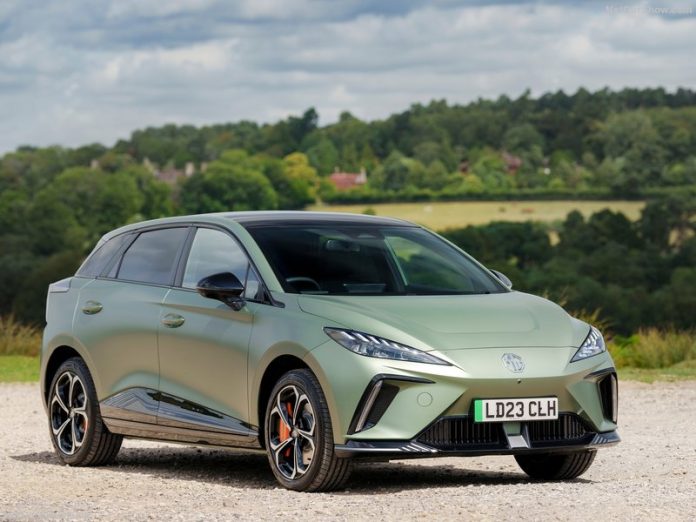New Zealand Auto Market negative momentum continues through 2024, with sales falling 20.8% to 87,435. EV segment secures 15.0% share despite falling 27.6%. Chery enters top 10 with triple digit surge (+192.7%).
Market Trend and Outlook
New Zealand’s economy remained stagnant in 2024, with GDP growth projected at just 0.1%, reflecting a deeper and more prolonged downturn than expected. The slowdown was driven by rising interest rates and weak domestic demand, dampening overall economic activity.
In response, the government introduced measures to attract foreign investment and skilled workers, including relaxed visa regulations to encourage high-earning digital nomads. The launch of “Invest New Zealand” aims to streamline investment processes and support foreign capital inflows, focusing on key sectors such as banking, fintech, transport, energy, and manufacturing.
Despite these efforts, the Treasury forecasts persistent budget deficits over the next five years, citing rising unemployment and a weaker fiscal position. The deficit for the fiscal year ending June 2025 is projected at NZ$17.31 billion, exceeding previous estimates. Finance Minister Nicola Willis stressed the need for fiscal restraint and cost-cutting measures to manage economic uncertainty and declining tax revenues.
The EV market in 2024 expanded cautiously, solidifying its foothold with a 15.0% market share. Sales volume declined by 27.6% to 12,155 units, reflecting subdued demand. High costs and weak incentives remain key barriers to broader adoption, challenging the sector’s long-term growth.
Amid stagnant economic conditions, New Zealand’s auto market contracted in 2024, with YTD sales down 20.8% to 87,435 units. A sluggish first half set the stage for a continued decline, with the downturn solidifying in Q4.
Looking at cumulative data from 2024 brand-wise, Toyota reported 20,705 sales (-5.5%), Mitsubishi in 2nd with 9,912 registrations (-3.6%), followed by Kia with 8,679 units sold (-13.7%) and Suzuki with 5,216 total sales (-23.4%).
Ford -up 2 spots- ranked into 5th place with 4,661 sales (-14.3%), followed by Mazda -up 3 spots- at 3,731 (-2.5%), Hyundai -down 3 spots- with 3,642 (-48.6%), and Honda -up 3 spots- with 3,191 sales (-13.2%).
MG dropped 3 spots ranking in 9th position with 3,096 sales (-49.7%), while Great Wall -up 13 spots- closed the top 10 with 2,634 car registrations (+192.7%).
Looking at specific models, reported in the dedicated article, the Ford Ranger was still the best seller (+5.9%), followed by the Toyota RAV4 which gained 14.7%.
Medium-Term Market Trend
New Zealand’s car passenger sales in the past decade have shown signs of a healthy market, growing for 9 consecutive years. From 2010 to 2019 the market doubled, moving from 80,453 in 2010 to 160,878 sales by the end of 2019.
The arrival of the pandemic slowed down car passenger sales in New Zealand, falling 25.7% to 119,579 new registrations.
The pandemic wasn’t enough to stop the uptrend accumulated in the past decade, in fact, 2021 reported a 31.6% growth in new car registrations with 2022 continuing the uptrend and reaching 116,451 cumulative sales (+3.8%). Although the market grew in 2022, it did so at a slower pace. A combination of factors are behind the current industry struggle: the disruption in the global supply chain caused by a lack of raw materials, in particular for the production of microchips and the Governments push towards Evs.
New Zealand’s Auto Market in 2023, although showing some traits of recovery, reached 111.903 registration (-4.0%).
Tables with sales figures
In the tables below we report sales for all Brands and top 10 Manufacturers Group.










